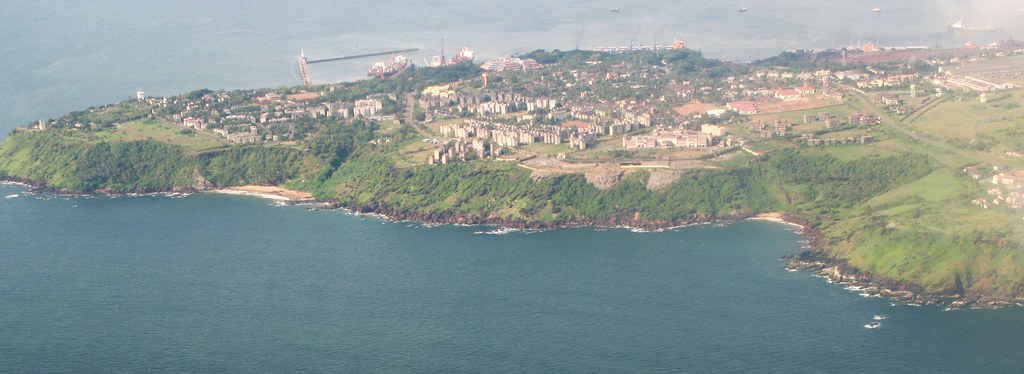It has been some
months since Panjim was converted into a city of one-way streets. In other
parts of the world such changes to street flow are accompanied by a change in
urban design. In Panjim, however, the traffic police saw it fit to place ugly
barricades as a way to tutor the populace as to which part of the streets were
now off-limits.
For a while
these barricades were manned by police. However, it has been a while since
these new one-ways have seen police presence. As a result, the one-way system
is often disrespected with impunity. At night this violation assumes scary
dimensions, as people infringe the one-way rule at dizzying speeds.
All in all, the
police are markedly absent when it comes to enforcing a discipline that would
benefit us all and make daily living easier and simpler.
Citizens who
were wearing black and white, colours suggested for the protest, were
selectively plucked out from crowds of people. These other people were allowed
to violate the imposition of Sec. 144. Scarier still, one man was dragged
off from the ferry boat. This action is scary because it demonstrates the
state administration’s cavalier violation of basic principles of law and order
maintenance; one does not arrest someone unless they are proving to be a threat
or public nuisance. Worse still were the words of the Inspector who dragged
this man off to jail; “Justice dita tuka
f**ya” (I’ll give you justice, you f***er). Never mind the crude language
that a state functionary has used against a citizen. What is shocking is the
disregard for justice, and processes of justice displayed by that police functionary.
While the case of Cipriano
Fernandes who died while in police custody is still fresh in mind, it
should be pointed out that the assault of detainees or those arrested by the
Goa police is not an uncommon occurrence.
Juxtaposing the
scenario of a lack of daily policing with that of extraordinary measures taken
when the image-obsessed Government is hosting an international event should
demonstrate just how misplaced their priorities are. This argument is not about
policing priorities alone. Rather, it questions whether we know what the role
of the State is in the first place.
Judging by the
lack of policing or any form of rigourous attention to the kind of pressures
that the casinos are placing on the urban infrastructure of Panjim and the
safety of the people within, one can safely assume that the administration sees
public resources and infrastructure as a milch cow to be exploited as long as
it is giving. The state presides over the private loot of public resources and
the police forces are on hand to terrorize the population; especially when they
protest at the violation of the responsibilities that flow from the contractual
relationship between citizens and state.
We, in India,
live in a time where the State presumes that it exists for its own sake. The
State demands our allegiance even as it systematically dismantles the rule of
law and complicates the ability to lead an uncomplicated life. State organs are
pressed to the service of its favoured elites, to support the populist circus
that the regime understands to be good governance, and to smash the principled
opposition to this perversion. But the citizens' relationship with the State is not a one-way street. The State is the result of a contract among
citizens to ensure that life can be pleasant and fulfilling for all. The police
should necessarily be facilitators of daily life. The police forces, like organs
of the state exist merely to achieve that end. When these ends are not met, and
the sole function of the police is to operate as the strong arm of a brute State then the State loses legitimate reason for existence.
(A version of this post was first published in the O Heraldo on 27 Nov 2015)






